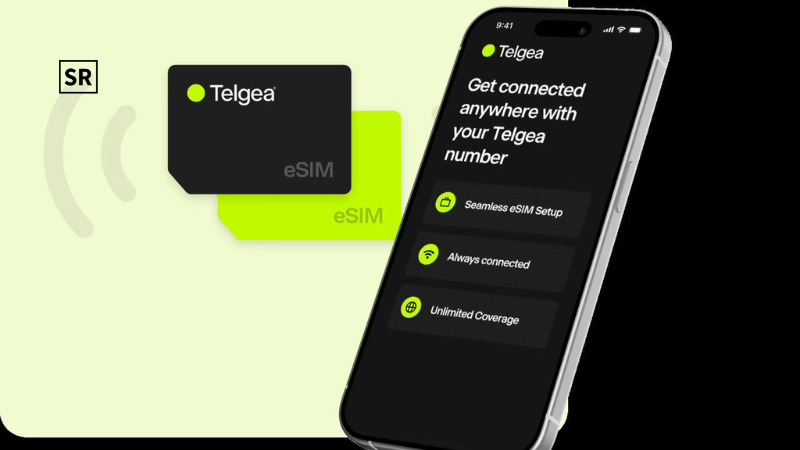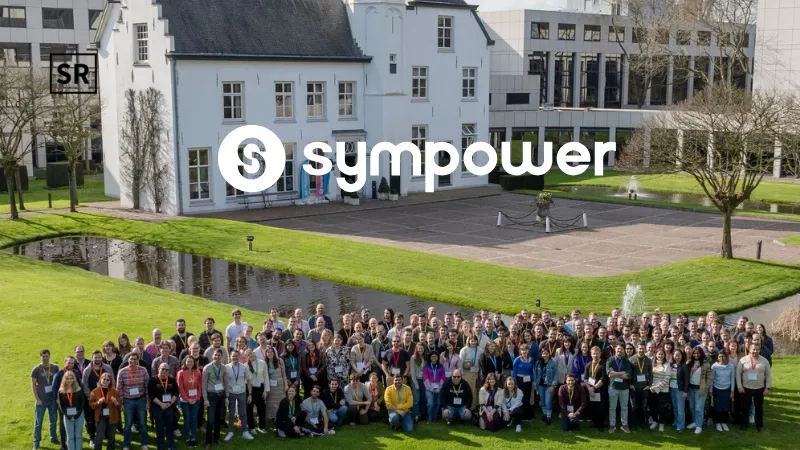
Riga-based Cellbox Labs, which creates tiny organ replicas outside the human body (called organs-on-a-chip), has received €3.3M in non-dilutive funding to speed up its tech development.
SUMMARY
- Riga-based Cellbox Labs, which creates tiny organ replicas outside the human body (called organs-on-a-chip), has received €3.3M in non-dilutive funding to speed up its tech development.
This funding aligns with new regulatory shifts, such as the FDA's move to phase out animal testing for some drugs and the NIH's requirement to include computer models, AI, and organ-on-chip tech in funded research.
A portion of the funding comes from “Tech4Cure,” an IPCEI-backed state aid initiative supporting healthcare innovation and integration across the EU Single Market.
Read Also - Upwork Acquires Hague-based Bubty To Shape The Future Of Contingent Work
RECOMMENDED FOR YOU

KARRI funding news – London-based KARRI Raises £775k in Pre-Seed Funding
Team SR
May 22, 2024
Cellbox Labs has developed an advanced organ-on-a-chip platform featuring a vertically stacked channel system with a permeable membrane separating endothelial and epithelial layers. This setup enables modeling of various organs such as the kidney, gut, lung, blood-brain barrier, and pancreas.
Made with non-absorbing materials, the platform is ideal for drug discovery, supports controlled gas conditions for hypoxia studies, and is mass-produced for consistency. An automated system allows flexible experiment design, lowers manual effort, and scales throughput from 8 to 24 chips using a modular manifold.
The funding will accelerate Cellbox Labs’ strategic initiatives in partnership with Altis Biosystems, focusing on scaling an automated, primary cell-based gut-on-chip model for pharmaceutical applications.
The team is also advancing personalised models using iPSCs and patient-derived microbiota to better predict individual responses to drugs, food, and probiotics—key steps in platform validation for industry use.
Alongside this, Cellbox Labs will integrate oxygen and pH sensors across all organ-on-chip assays. These built-in sensors will deliver live experimental data without external equipment, addressing the industry's growing demand for high-throughput data generation in AI-driven drug discovery.
Another focus area involves testing GLP-1 generic compounds on pancreatic islet organ-on-chip systems under dynamic flow. These results will be benchmarked against static cultures and animal models to enhance the relevance of biosimilar testing.
In collaboration with ESQlabs and MPSlabs, Cellbox Labs will also build digital twin models of its in vitro systems. These high-resolution simulations will model drug absorption, distribution, and response, and integrate with physiologically based models to improve in vitro–in vivo translation (IVIVE).
About Cellbox Labs
Cellbox Labs develops organ-on-chip systems—miniature replicas of human organs outside the body. Focusing on the gut and microbiome, we enable better drug development and deeper biological insights.They are also building user-friendly instruments to run experiments seamlessly on these chips, making advanced research more accessible and efficient.


 Follow us
Follow us Follow us
Follow us














